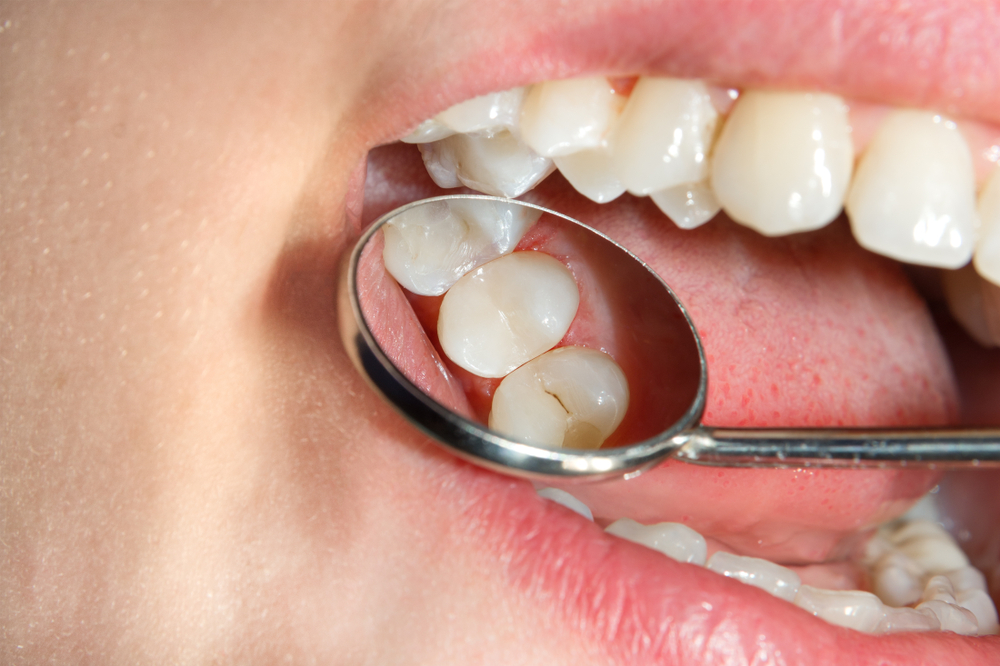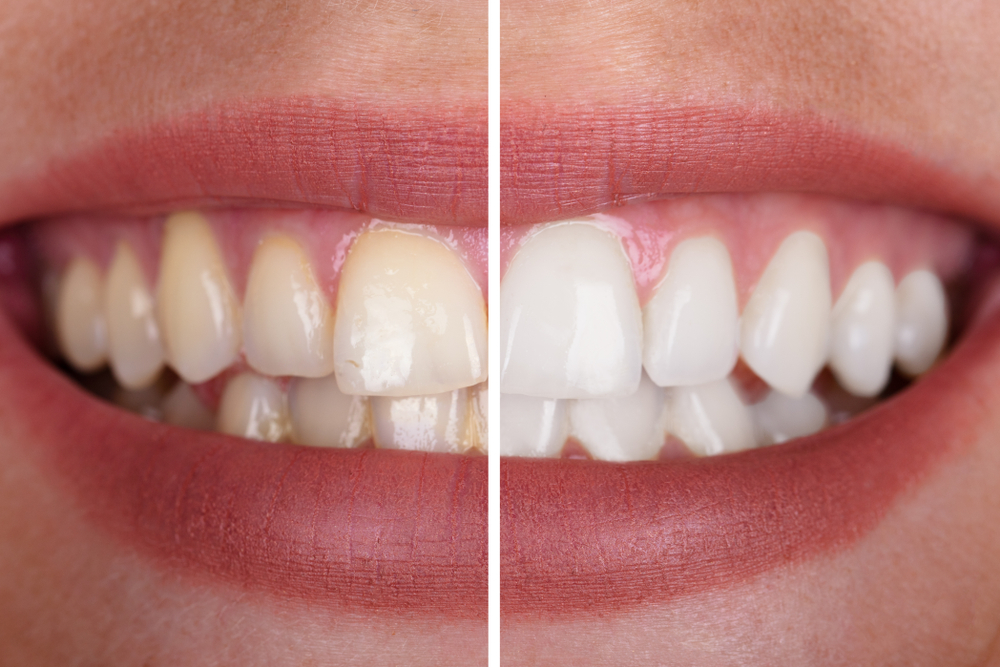Parkcrest Dental Group in Springfield, Missouri, can take care of your family’s teeth from age 2 to 102.
One thing our doctors can do is help you if any of your teeth have cavities. Take a look at our answers to frequently asked questions about cavities.
What are cavities?
Cavities are worn, damaged areas of teeth that lead to holes in the hard surface of teeth. Because cavities form in the mineral part of your teeth, they cannot regrow the part of the tooth that is lost.
What causes cavities?
A combination of food, saliva, bacteria, and acid can cause a cavity over time by forming plaque. Plaque is a sticky film that coats your teeth. Tiny bacteria consume any leftover bits of food in between your teeth, especially sugary foods, to form an acid that gradually wears away layers of enamel. If enough wear happens, a cavity could develop on your tooth. Cavities may take up to three years to form on a tooth if someone has strong enamel.
What are the signs of a cavity?
Pay attention to any of the following signs, if you experience any you may have a cavity on a tooth:
- A toothache, or pain, that occurs suddenly and without warning in your mouth.
- Tooth sensitivity, particularly when you consume hot or cold foods like coffee, tea, ice cream or very cold drinks like soda with ice. You might also experience tooth sensitivity when consuming sugary or sweet foods.
- Visible holes in your teeth. These may show up as dark brown or black areas on your white enamel.
- Pain occurring when you bite down on something.
If you experience any of these symptoms, we recommend making an appointment to see one of our dentists.
Who gets cavities?
As many as 80 percent of Americans will get at least one cavity by their mid-30s, but they are more common in children, because they might not brush their teeth as much or consume more sugary foods.
How does a dentist repair a cavity?
The most common way a dentist can repair a cavity is with a dental filling.
A dental filling is made of composite resin, and it looks just like your natural tooth. It’s also very hard, withstands ordinary wear and tear, and has the potential to last for up to 15 years with proper oral hygiene and care.
Your dentist will examine your mouth to see if the cavity can be repaired and suggest a dental filling to fix it. Then you’ll have a second appointment to fix the cavity.
During the next appointment, your dentist will numb the area around the tooth that needs the cavity repair. That side of your mouth may be numb for a few hours following your appointment. But rest assured, you won’t feel any pain.
Then, the doctor will use a very tiny instrument to remove the decayed part of your tooth. This is so the composite resin can form a stronger bond with the enamel that remains.
Your dentist will place composite resin in the tooth in layers to make sure it bonds properly to the tooth until it fills the entire hole. We’ll use small amounts of ultraviolet light to cure the composite resin to make sure it hardens and it’s ready for the next layer. After a little while, your new dental filling is ready and the cavity is repaired!
Can a cavity heal itself?
Yes, if you catch a cavity early enough. Enamel can take advantage of the minerals found in saliva, like calcium and phosphate, along with fluoride from toothpaste to help build back any missing enamel. The early stages of tooth decay are typically marked by a white spot where your tooth has lost minerals.
If your tooth has visible decay, there are a few products on the American Dental Association’s shopping list of products that have its seal of approval. Under the category of enamel erosion control, look for Crest Gum & Enamel Repair toothpaste.
What happens when cavities go untreated?
If cavities are left untreated, they can cause tooth decay that rots the inside of a tooth or cause the tooth to break apart. In worst cases, an infection may form an abscess. Someone with advanced tooth decay may need a root canal to save the tooth or an extraction if the tooth is beyond repair.
What foods cause cavities?
Chewy candies with a lot of sugar can cause tooth decay over time, especially if you don’t get the sweet bits out from between your teeth. Starchy snacks have the same difficulty. They stick to places between teeth. Citrus fruits and sugary juices are very sweet and can foster bacterial growth. Sweet treats, in general, with a lot of sugar can encourage even more bacteria to grow in your mouth.
We encourage you to avoid these types of foods as much as possible to foster better oral hygiene.
Who can help me if I have a cavity?
The doctors at Parkcrest Dental Group in Springfield, Missouri, can help you or a family member who has a cavity that needs repair. Contact Parkcrest Dental or call (417) 887-1220 for more information or to make an appointment with us.






